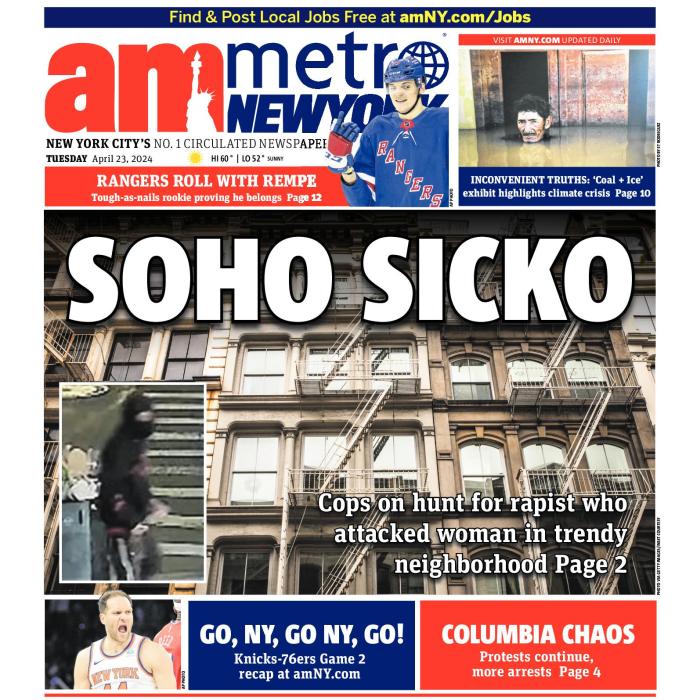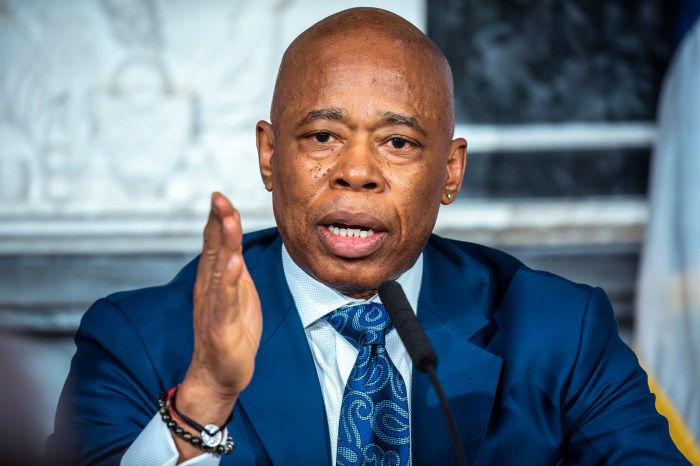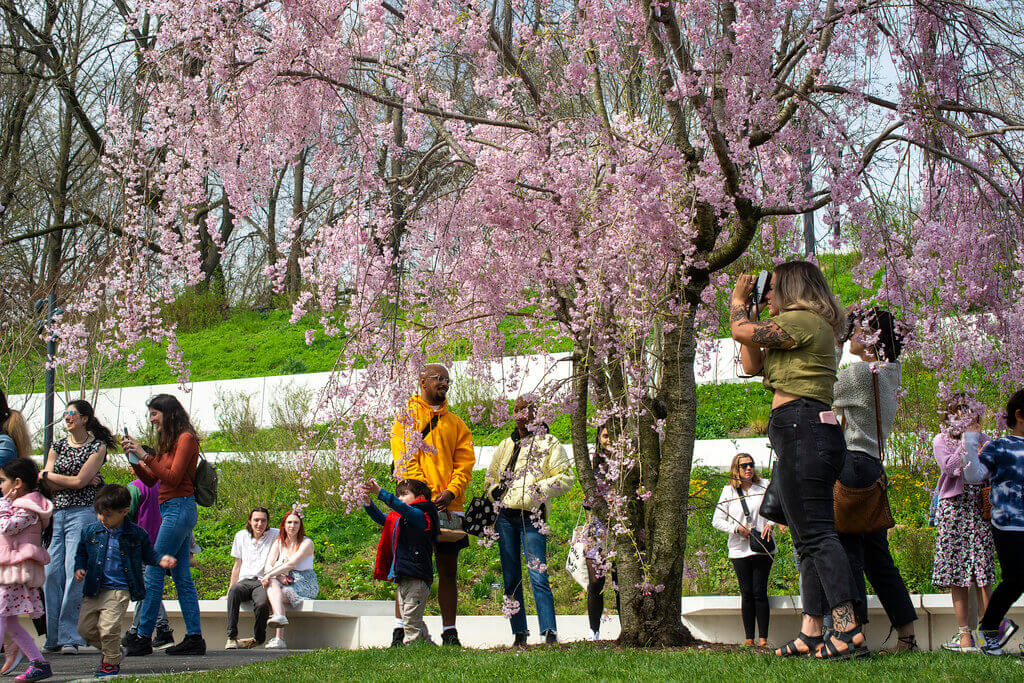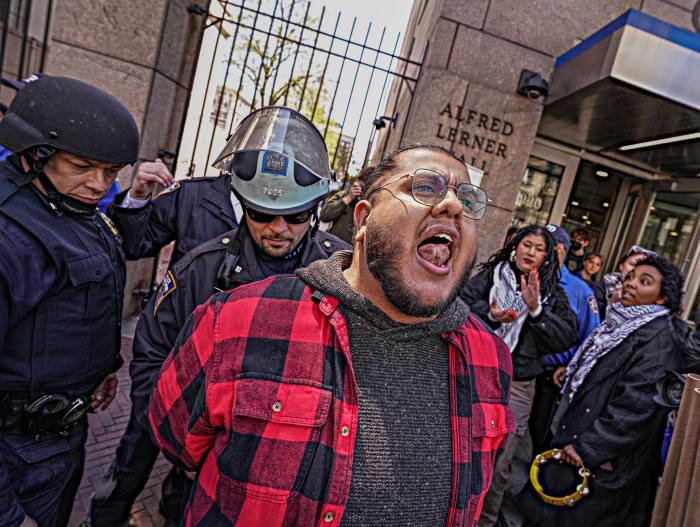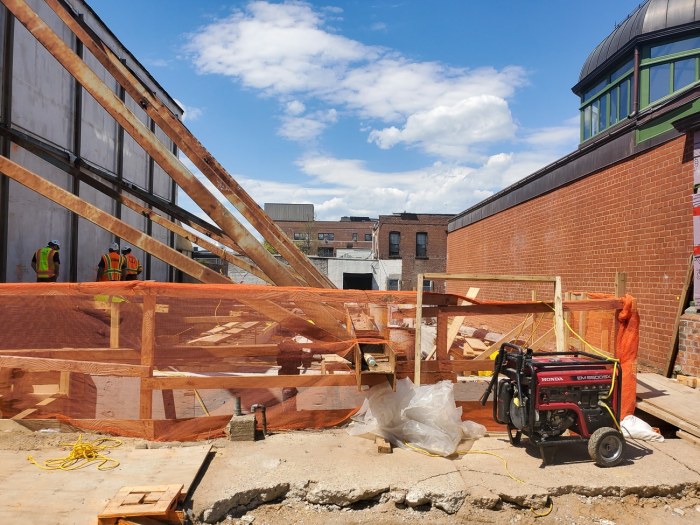
Federal investigators are looking into possible corrupt payments and favors given to high-ranked NYPD officers by businessmen, law enforcement officials said.
The investigations involved both federal prosecutors in Brooklyn and Manhattan, the officials said.
NYPD Commissioner William Bratton said earlier Tuesday that the investigation had resulted in one officer being placed on modified assignment, meaning he had been stripped of his badge and gun. Bratton declined to comment further as part of an agreement between the NYPD and the FBI.
Bratton did indicate that the officer placed on modified duty was NYPD Community Affairs Officer Michael Milici, who reportedly invoked his right against self-incrimination when questioned in the investigation.
“It’s the nature of the business that always results unfortunately in investigations,” Bratton said. “We’ll just have to see where the investigation goes and it’s something that as you would expect that we will participate in and cooperate fully with.”
Disclosure of the latest investigation follows revelations last week that as many as 23 NYPD officers had been questioned in an internal affairs probe of a protection racket among Asian karaoke clubs in Flushing.
The two probes come at a time when the NYPD under Bratton has been trying to build closer relations between cops and communities. Such a policy shift can help police have better relations with citizens but creates the potential for a creeping kind of corruption, said one legal scholar who has studied NYPD corruption.
“When you get close to the community it makes for a lot better policing in some ways, understanding racial problems,” said the scholar, who didn’t want to be identified. “But it does break down the barriers between people enforcing law and people who might be breaking it, which can led to corruption.”
